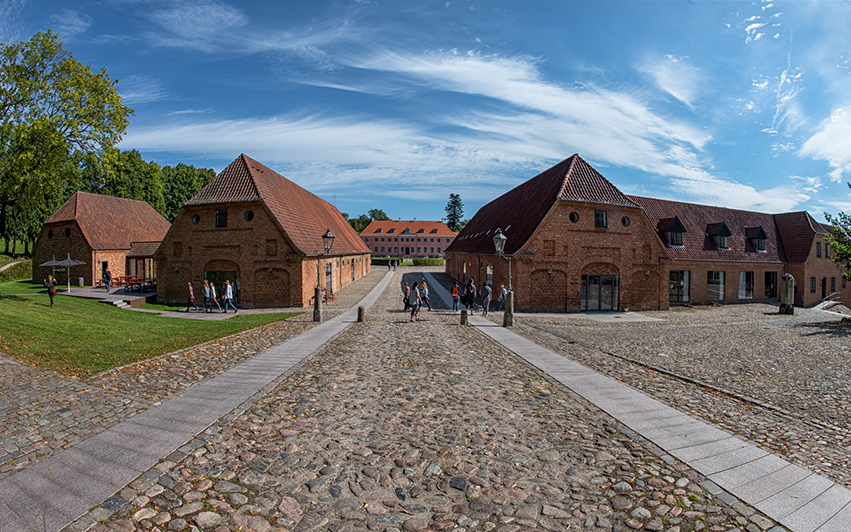Three subject areas ranked among the top 50 in the world
Three of the subject areas taught at the School of Culture and Society have been included in the top 50 on the latest QS ranking list.

Three of the subject areas taught at the School of Culture and Society have been included in the top 50 on the QS ranking list for 2018. The three subjects are archaeology, anthropology, and theology and the study of religion (numbers 17, 35 and 29 on the list respectively).
According to Bjarke Paarup, Head of the School of Culture and Society, this impressive result is based on several years of conscious efforts to attract the best possible researchers.
“We have a great number of excellent scholars working here, people with a top-class research profile and the ability to attract significant external funding. They are one of the main reasons why the international reputation of their subjects has increased. We’ve also managed to attract considerable international research capacity in recent years. This has boosted our talent development efforts and helped us to gain external funding for our research – which is another reason for our success in the ranking list. I’m very proud of the progress we’ve made,” explains Paarup.
Facts
QS (Quacquarelli Symonds) rate the world’s top universities and publish a variety of ranking lists designed for students in particular.
The rankings are based on questionnaire surveys regarding the reputation of specific subject areas among employers and international researchers, and on what’s known as the “h-index” (reflecting the citation impact and productivity of individual scholars).
Reputation is regarded as the most important parameter in the humanities, whereas greater weight is attached to the h-index in the natural sciences and health sciences. Subject areas can only be included in the QS rankings if they have at least one degree programme attached to them. The subject areas are based on journal categories in the academic database called “Scopus”.